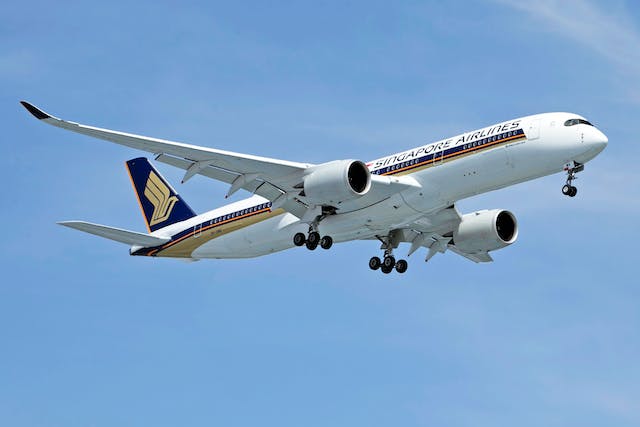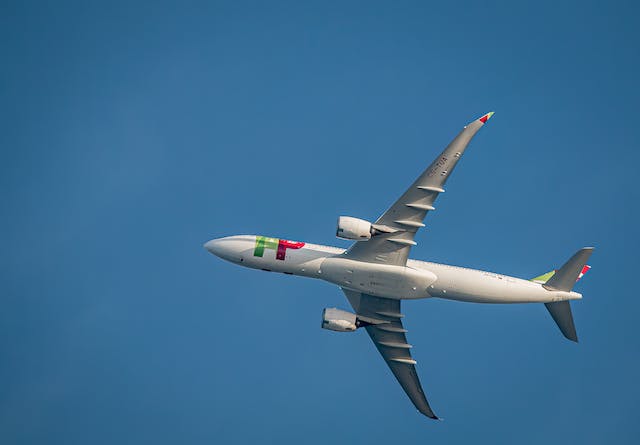Owning an aircraft is a dream for many, a symbol of freedom, adventure, and personal achievement. Whether you’re a seasoned pilot or a newcomer to the world of aviation, the process of purchasing an aircraft for sale is a significant decision that requires careful consideration. In this article, we’ll explore essential factors to evaluate before leaping into aircraft ownership.
The first step in buying aircraft for sale process is to determine the mission and purpose of your flying. Are you buying for personal use, business travel, or a mix of both? Understanding your goals will help you select the right type of aircraft that suits your specific needs. Different aircraft are designed for different missions, and it’s essential to align your purchase with your intended use.Owning and operating an aircraft involves significant financial commitments. Beyond the initial purchase price, you must consider ongoing costs such as maintenance, fuel, insurance, and storage. Be realistic about your budget and account for these additional expenses. Setting a clear budget will help you narrow down your choices and avoid financial strain.

The choice between buying a new or used aircraft is a significant decision. New aircraft offer the latest technology, warranties, and higher upfront costs. Used aircraft are more budget-friendly but may require more frequent maintenance and upgrades. Carefully weigh the pros and cons of both options to determine which aligns with your budget and preferences.If you’re considering a used aircraft, a comprehensive inspection is crucial. Hire a qualified aviation mechanic or technician to evaluate the aircraft thoroughly. Review the maintenance history, logbooks, and records to ensure the aircraft has received proper care and is in airworthy condition. A well-maintained used aircraft can be an excellent value, while one with a questionable history may lead to unforeseen expenses.
Regular maintenance is essential for the safety and performance of any aircraft. Different aircraft types have varying maintenance requirements and costs. Consider the long-term maintenance costs and the availability of qualified mechanics in your area. Understanding these expenses is vital to prevent surprises down the road.Operating costs include fuel, hangar storage, landing fees, and pilot training. These ongoing expenses can vary significantly depending on the type and size of the aircraft. Be prepared for these costs and factor them into your budget. Fuel costs, in particular, can fluctuate based on fuel efficiency and the aircraft’s mission.

Aircraft insurance is a necessity to protect your investment and mitigate risks. Insurance premiums can vary based on factors such as the aircraft’s type, usage, pilot experience, and safety features. Obtain insurance quotes early in the process to understand the cost and requirements for coverage.Aircraft ownership comes with regulatory responsibilities. You must adhere to Federal Aviation Administration (FAA) regulations and any local or international requirements applicable to your aircraft. Ensure that your purchase complies with all relevant regulations and that you have the necessary documentation and licenses for operation.
Aircraft, like vehicles, depreciate over time. Understanding how depreciation works can help you make informed decisions about your investment. Factors such as the aircraft’s age, condition, and maintenance history can influence its resale value. Consider whether you plan to keep the aircraft long-term or anticipate selling it in the future.

